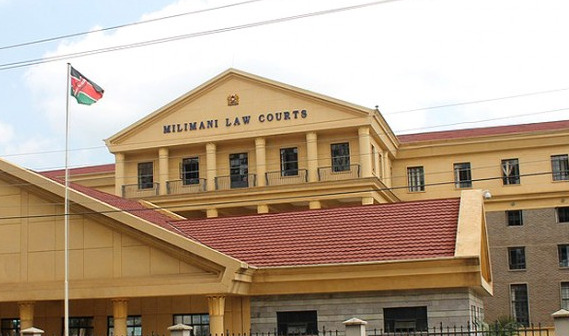In a move that has stirred both nostalgia and curiosity, the Kenyan government has officially announced plans to relocate the Kenya National Archives from its iconic location in Nairobi’s Central Business District (CBD). For decades, the Archives have stood as a historical and cultural beacon at the heart of the city welcoming scholars, tourists, and everyday Kenyans. Now, the government says it’s time for a fresh start.
But what’s driving this decision, and what does it mean for Nairobi’s urban landscape and Kenya’s historical legacy?
According to government officials, the relocation is part of a broader urban reorganization initiative aimed at:
According to government officials, the relocation is part of a broader urban reorganization initiative aimed at:
- Reducing congestion in Nairobi’s CBD
- Enhancing the safety and security of national heritage assets
- Modernizing archival storage and preservation using cutting-edge technology
The current site, while symbolic, is no longer considered ideal for the long-term preservation of historical materials. Factors such as noise, pollution, and limited expansion space have made it increasingly difficult to meet international archival standards.
The New Location: What We Know So Far
Although the specific site hasn’t been publicly disclosed yet, insiders indicate the new location will be in a quieter, more secure area on the outskirts of Nairobi. The facility will reportedly feature:
- Climate-controlled storage rooms
- Digital access systems for researchers
- Enhanced security and fire prevention infrastructure
- Exhibition spaces designed for education and tourism
This could mark a major leap forward in Kenya’s ability to both preserve and showcase its rich historical documents, photographs, maps, and oral records.
The announcement has sparked lively conversations across social media and academic circles. While many applaud the government’s forward-looking approach, others fear the move might diminish the accessibility and symbolic power of the Archives’ current CBD location.
“I grew up walking past the Archives on my way to school it’s more than a building, it’s a symbol,” shared one Nairobi resident on X (formerly Twitter).
“I grew up walking past the Archives on my way to school it’s more than a building, it’s a symbol,” shared one Nairobi resident on X (formerly Twitter).
Urban planners, however, argue that decentralization is a smart step in building a more livable capital.
A Shift in Urban Policy?
This decision comes amid other high-profile proposals to decongest Nairobi and shift key institutions away from the CBD. It reflects a broader trend in urban policy, one that favors decentralization, digital infrastructure, and long-term sustainability over nostalgia.
Preserving the Past, Building the Future
Relocating the Kenya National Archives is not just a logistical decision, it’s a cultural one. As the country moves forward, how it treats its past will play a defining role in shaping its national identity.
If executed well, this transition could serve as a global example of how to balance heritage preservation with urban modernization.


































